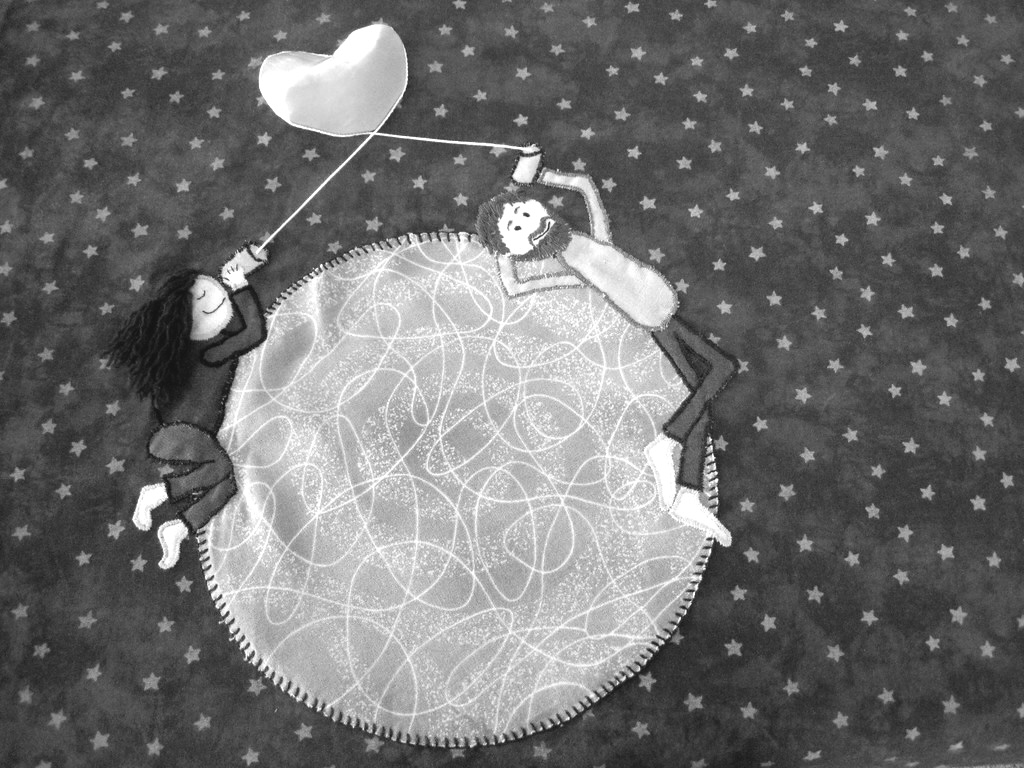
In the ever-evolving landscape of contemporary romance, Gen Z is undergoing a radical departure from traditional relationship norms, discarding the well-defined labels and commitments that have long characterized “love.” This generation, marked by an unwavering commitment to authenticity, is challenging societal expectations in an era where love transcends the conventional intricacies of tags and commitments.
Historically, the human race has found relief in neatly defined relationship labels — boyfriend, girlfriend, engaged, married. Yet, Gen Z is navigating uncharted waters, disavowing these labels as relics of the past. In the epoch of ‘situationships,’ the demand for explicit commitments is becoming an antiquated notion. This generation understands love as a dynamic force, an ever-evolving entity that defies confinement within traditional relationship categories.
At the core of Gen Z’s love ethos lies a commitment to authenticity, one that steadfastly refuses to conform to the rigid expectations of the past. Rather than seeking validation through tags or commitments, Gen Z values the organic growth of relationships, allowing connections to unfold naturally, unencumbered by the weight of predefined expectations. In doing so, they seem to redefine the very essence of love. Or is that essence being lost?
Traditionally, commitment was the bedrock of relationships, providing security in an uncertain world. Gen Z, however, is recalibrating the compass, leaving behind emotional connection, communication and mutual understanding. The focus has shifted from being the classic couple to cultivating moments of joy with no strings attached and hoping for these connections to be resilient.
Enter ‘situationships,’ an informal dance between emotional and physical connection that epitomizes Gen Z’s departure from conventional relationship structures. Rather than adhering to a predefined relationship escalator, Gen Z revels in the ambiguity of these situationships. Some say the journey is as significant as the destination, if not more so. The partner in this journey could always change since there is no name on the ticket.
Love and relationships, in the eyes of Gen Z, have reduced to a simple transaction between two individuals, a dynamic force that adapts, grows, and morphs with the ebb and flow of life. The fluidity of these relationships allows individuals to explore their romantic and sexual identities without the constraints of predefined commitments. This generation prioritizes personal growth, autonomy and fulfillment on individual terms, reshaping the narrative of what it means to be in love.
As we grapple with the complexities of modern relationships, it becomes imperative to shed societal expectations that confine love to specific tags or commitment statuses. Gen Z’s perspective is of love as an evolving entity, free from the constraints of traditional norms. In this era, the essence of love still lies in the authenticity of connections, the depth of emotional understanding, and the feeling of putting your significant other and their needs over you.
The big challenge is figuring out what love truly means in our fast and busy world.
Relationships often seem like chance encounters in the web of modern connections. The deep and lasting feeling of love seems to be a bit old-fashioned. Commitments tend to be short-lived, and loyalty appears more commonplace in movies and TV shows than in reality. Those strong and lasting connections that used to make relationships special, now seem like rare occurrences. So, as we go through these short-lived romances, the real challenge lies in rediscovering what love truly means in our rapidly changing world.
Gen Z is at the forefront of this change, leading us into a world where love knows no strict rules, evolves constantly, and breaks free from old-fashioned labels. Loyalty and vulnerability sometimes seem reserved for TV characters like Ted Mosby or Chandler Bing. Yet there are still people who remember the love from “The Notebook” and “Before We Go.” These individuals fight for their love, developing unbreakable bonds of trust, compromise, and dedication that act as a support system, which is needed in the modern era.
So, the decision rests with Gen Z — whether to opt for a love that brings no discomfort and exists on borrowed time, or to endure the struggles of finding someone and, more importantly, sticking with them. It is about learning the value and satisfaction of enduring love, echoing the sentiments from a time when love wasn’t just a fleeting moment but a lifelong commitment.


